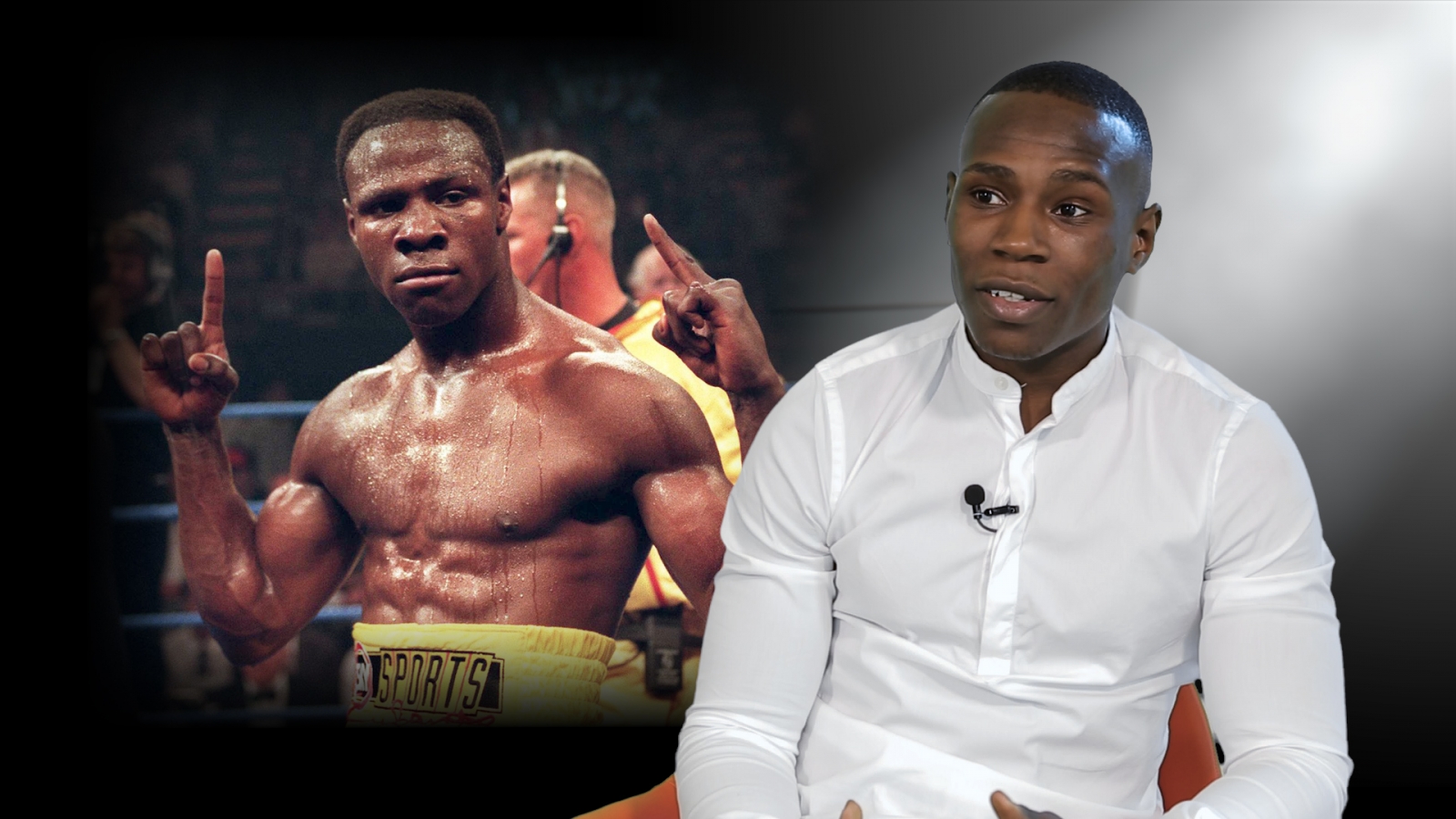
Historic American magazine 'Playboy' has announced that they will be publishing nude photographs again from its March/April 2017 issue. This is a reversal of the company's chief executive Scott Flanders' decision to stop publishing buck nude images of women because he felt that proliferation of internet pornography has rendered Playboy irrelevant.
Cooper Hefner, the 25-year old son of 'Playboy' magazine founder Hugh Hefner thought Flanders' decision was a huge mistake and was ruining the company financially. "I'll be the first to admit that the way in which the magazine portrayed nudity was dated, but removing it entirely was a mistake," Cooper Hefner said in a statement, as reported by ABC News and various other media outlets. "Nudity was never the problem because nudity isn't a problem. Today we're taking our identity back and reclaiming who we are."
If tastefully done, nudity isn't a bad thing. Indeed, its March/April cover art is a far cry from the more voluptuous and explicit nudity of its previous editions. The images are beautifully tasteful and celebrate the body of a woman rather than just objectify it. After all, that's who we are, naked. We aren't born with clothes. We are taught, especially women, to be ashamed of our bodies. From that comes an unnatural repression and then perversion. In fact, the desire to see nudity, which comes naturally to all other living species, became a "bad thing." This, along with the repression of sexuality has led to the rise in pornography, violent sexual crimes against women.
Model Elizabeth Elam, who has been chosen as the face of the March/April 2017 issue of the magazine feels so too. She posted an image of the beautifully photographed cover of the Playboy issue on Instagram. She said that she feels proud to be part of a magazine "that has historically encouraged the dialogue of important social issues while standing on the right side of history." She added that "Women's bodies have always been a topic of conversation. We can be over sexualized and we can be made to feel ashamed of our bodies. I've never subscribed to those narratives and this issue of Playboy celebrates that. Naked really is normal."
Susannah Breslin writes for Forbes magazine that with Hugh Hefner's son Copper taking over the magazine as Chief Creative Officer, a new era has begun for the Men's lifestyle and entertainment magazine. In his letter, posted on the Playboy website, Cooper says "Underneath the brand's pop culture elements, which most frequently floated to the surface of newsworthy over everything else, it was clear my dad's aim when launching PLAYBOY was to promote a healthy conversation about sex while also encouraging dialogue on social, philosophical and religious opinions."
Cooper Hefner says that unlike what most think, he isn't after money, parties and girls but rather after creative pursuits, like in the editorial department; to help usher social progress through dialogue. He says "my true interest and passion have always been for what many would label the "boring stuff" but that I see as the most important stuff, namely the brand's tradition of tenaciously advocating for civil liberties and freedom of expression."
Indeed such a voice is needed now more than ever, when civil liberties, rights, justice and transparency are at stake for the people of the world, not just because of who is seated in the White House.
Cooper Hefner points out that the brand had fought against McCarthyism with the decision to publish American writers, artists and others blacklisted by the U.S. government. He adds that Playboy promoted a "racially integrated lifestyle" in its clubs, in its publication and on its national television shows when others weren't willing and dared to publish "cartoons and stories that challenged social norms, as well as advocated for the LGBTQ community when society had abandoned or, worse, aggressively gone on the attack against it."
"But after so much progress, our hard-won victories are in peril. Just as the social and political pendulum had swung in liberals' favor, as history has shown time after time, the pendulum swings back," Cooper Hefner writes, with hope. So, Playboy is eager to change its image from a magazine perceived as just catering to sexual fantasies, to a torch-bearer for inclusivity, equality and social progress. We welcome this change and hopefully Cooper Hefner's philosophy succeeds.




![From ad shoot, dating, heartbreak to marriage: Virat Kohli-Anushka Sharma's love story has seen it all [PHOTOS]](http://data1.ibtimes.sg/cache-img-180-135/en/full/17965/1513077387_virat-anushka.jpg)

